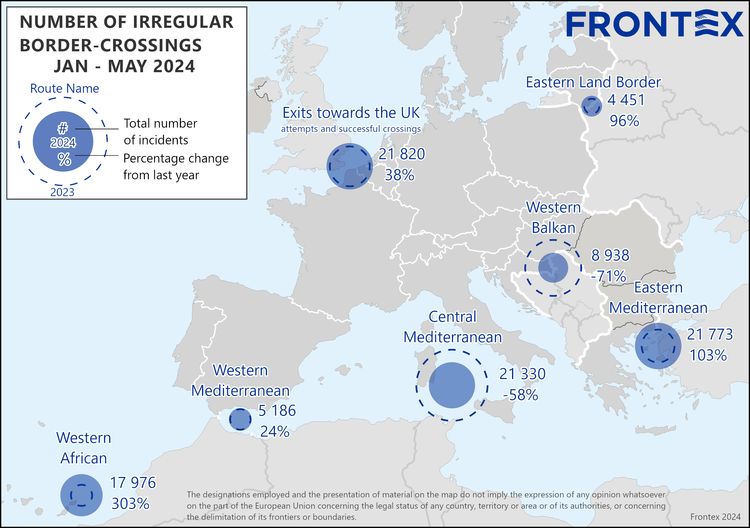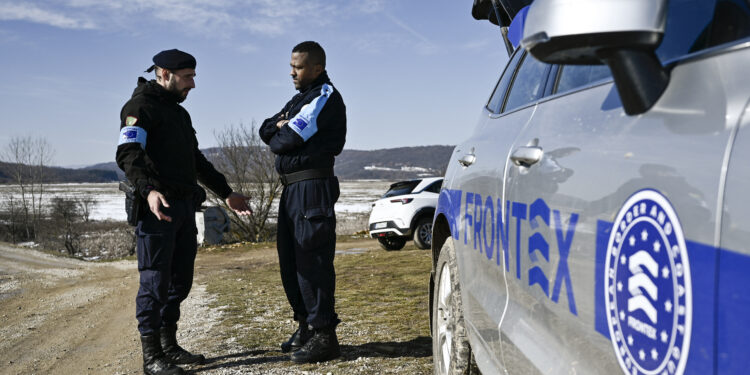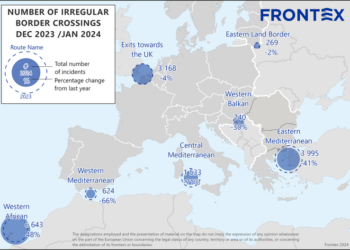Brussels – Between 2018 and 2019, it was one of the most traveled migration routes to Europe, one of the toughest and deadliest, taken by tens of thousands of Syrian, Afghan, and Turkish nationals. Today, according to data released by the EU Border and Coast Guard Agency (Frontex), irregular entries from the Balkan route have plummeted. Between January and May, just over 8,900 crossings, down 71 percent from the first half of 2023. To decrease them further, the European Commission signed an agreement with Serbia to strengthen cooperation between Belgrade and Frontex.
 With this agreement, Brussels has almost completed the Action Plan puzzle for the Western Balkans presented by the European Commission in December 2022. It is the fifth, following those with Moldova, North Macedonia, Montenegro, and Albania. Negotiations with Bosnia and Herzegovina are still ongoing. Not only strengthening border management: the EU strategy in the Western Balkans also includes alignment of visa policy and cooperation on asylum procedures, readmissions, and returns.
With this agreement, Brussels has almost completed the Action Plan puzzle for the Western Balkans presented by the European Commission in December 2022. It is the fifth, following those with Moldova, North Macedonia, Montenegro, and Albania. Negotiations with Bosnia and Herzegovina are still ongoing. Not only strengthening border management: the EU strategy in the Western Balkans also includes alignment of visa policy and cooperation on asylum procedures, readmissions, and returns.
The signing by EU Commissioner for Home Affairs, Ylva Johansson, and Serbian Deputy Prime Minister and Interior Minister Ivica Dačić took place in the Serbian capital”This is the third time I have visited Serbia, and twice I have seen the excellent cooperation at the EU borders between Serbian border guards and Frontex colleagues against crime, smugglers of migrants, and irregular migration,” Johansson said in Belgrade.
Now, other members of the EU agency’s permanent body will join the 111 Frontex agents already deployed in Serbia for an ongoing joint operation along the borders with Hungary and Bulgaria. The enhanced cooperation will allow Frontex to deploy its agents anywhere on Serbian territory, including the borders with neighboring non-EU countries -North Macedonia, Bosnia, and Montenegro.
Through joint operations under new enhanced cooperation agreements with countries in the region, Frontex deploys over 480 agents in the Western Balkans, who agree on the details of individual operations with national authorities. The European Parliament and member states will have to approve the agreement, which will also have to be ratified by the Parliament in Belgrade. Once operational, it will be one more piece in the EU’s attempt to secure the Balkan route.
English version by the Translation Service of Withub






